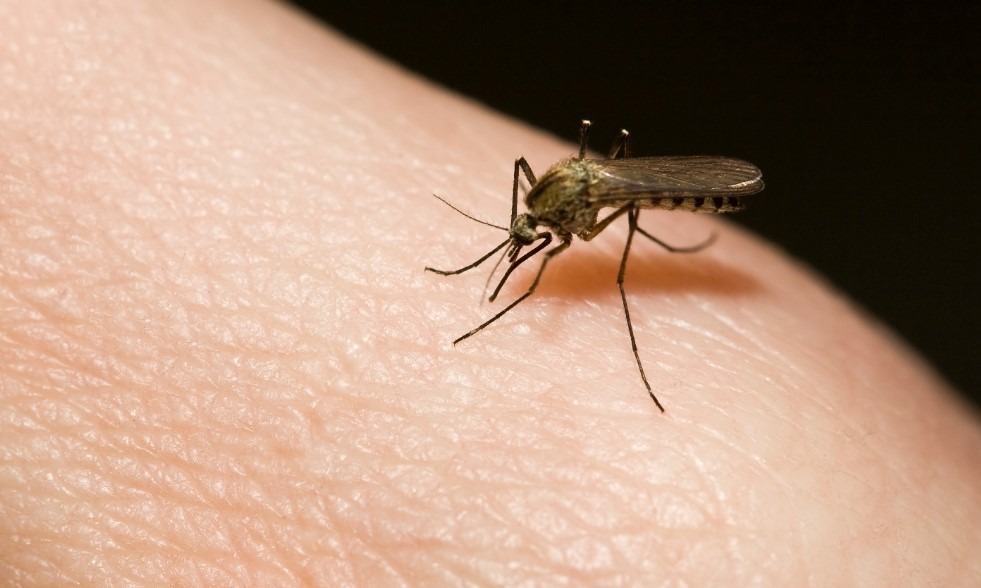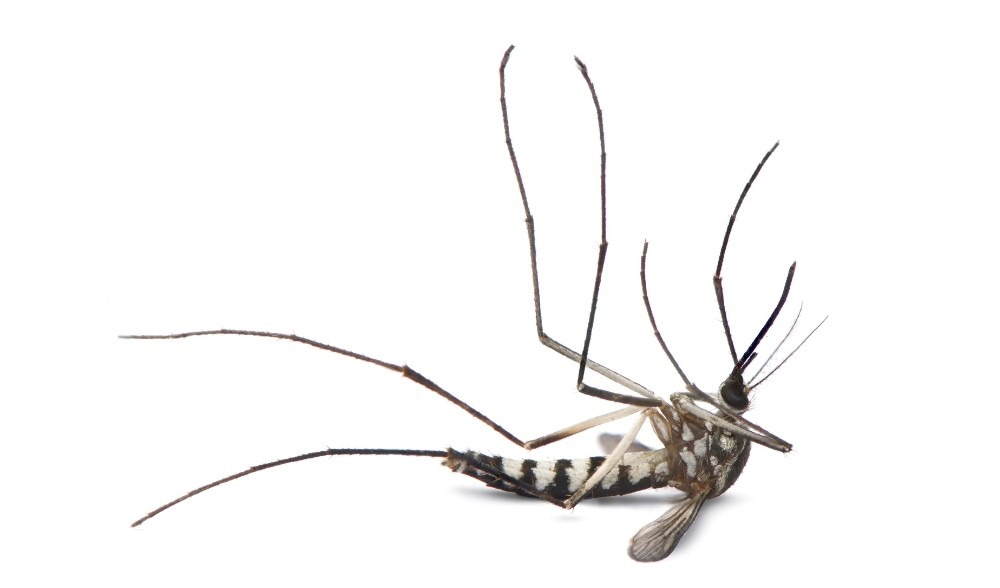Mosquitoes are pesky insects that can ruin a summer evening outdoors. Not only do they buzz annoyingly around your head, but they also transmit diseases like Zika, malaria, and West Nile virus. Fortunately, there are many mosquito repellents on the market today that can help keep these bugs at bay. But with so many choices, how do you know which one to choose? This blog post will discuss what to look for in mosquito repellents. Stay bug-free all summer long!
The best repellents for your needs will be determined by a variety of factors, including the season, the time of day you’re outside, and your intended purposes. Some repellents don’t eliminate or control pests; instead, they merely minimize their presence in your yard. Coils, incense, and candles are most effective when positioned near people, whereas misting systems and barrier sprays can provide complete-yard coverage. Personal repellents and lotions, when applied to the skin, utilize odors and chemicals to keep mosquitoes away.

What to Look For in Mosquito Repellents
Type
Repellents include a variety of natural and manufactured chemicals that are emitted as sprays, candles, or mists.
Plant-based oils repel a wide range of insects, especially biting flies, because they are unappealing to them. Rosemary, lemongrass, lemon balm, eucalyptus oil, and citronella are all excellent oils for natural insect repellents. People who have sensitive skin or are concerned about synthetic chemicals’ environmental effects should use natural insect repellents. Keep in mind that these aren’t as long-lasting as their chemical counterparts.
The chemical compounds that mosquitoes dislike, such as picaridin and permethrin, or DEET, are used in most repellents. Synthetic versions of plant chemicals, such as picaridin and permethrin, or DEET-based chemicals, are commonly used. If you’re using a lot of pesticides at once or over time periods of many days to weeks, keep an eye on your skin. You should also try to avoid breathing in the fumes while working with them indoors since they can irritate your lungs. When it comes to determining the right dosage for pest control products like these, be cautious.
Candles, coils, and incense sticks function in the same way as skin-applied items and frequently include the same compounds. The combination of fragrance and smoke is beneficial in keeping biting insects at bay. Candles are great for tiny areas, while coils and incense sticks may span greater distances. Make sure you know how far apart to space your candles so that you have adequate in your area.
Barrier, Misters, and shields sprays all utilize the same chemicals as skin-applied repellents but cover a larger surface. Misters generate a fog that covers broad areas of ground and provides long-lasting protection. They can be constructed of natural or manufactured materials, and they generally need to be refilled after each usage. Shields and lanterns are similar in that they have disposable cartridges that should be employed in tight locations. You apply barrier sprays directly around the perimeter of the target area. Sprays, like misters, can be made from plants or synthetic materials.
Ingredients
DEET, permethrin, natural oils, and picaridin are just a few examples of chemicals in mosquito repellents.
Synthetic pesticides, including DEET, permethrin, and picaridin, are generally more effective than essential oils. They may also be highly dangerous to humans and animals. When pets and youngsters are present, the CDC advises taking precautions.8
Essential oils, while safe and useful, may cause allergies. Always read the warnings and instructions on the package before applying it.
Picaridin and DEET are the most widely used insect repellents, with windows of protection that last for weeks or months. Picaridin is gaining ground in popularity due to its apparent advantage over DEET in keeping mosquitos at bay.1
Permethrin has been found to be non-carcinogenic when it is applied to clothing, according to the Centre for Disease Control and Prevention (CDC).1
When exposed to permethrin that has been sprayed or fumigated, some animals, particularly cats, can become nervous and experience more severe symptoms.
Longevity
A mosquito repellent should keep you safe as long as you are outside. All repellents should state how long they will last and how many times they can be reapplied.
Ease of use
There are so many repellents on the market that deciding on one that is simple to use is critical. Personal repellents are the simplest, as they simply need to be sprayed or rolled onto potentially exposed skin. They should not leave any residue or make your skin sticky. Candles, incense sticks, shields, and coils all work well when placed several feet away from visitors and should leave no trace of themselves behind. Barriers must be applied immediately after being manufactured, since they are sensitive to temperature and humidity changes. They’ll need to be mixed with other substances such as water and oils in order to work effectively. Misters, which use coils and nozzles, may take some effort to construct.

What are Best Mosquito Killers?
The most effective and best mosquito killer options to avoid mosquitoes are:
Poultry Pest-killing Water Emulsion
Conclusion
Mosquito repellents come in many forms: sprays, lotions, wipes, and even bracelets. Some ingredients to look for when choosing a mosquito repellent include DEET, Picaridin, oil of lemon eucalyptus (OLE), para-menthane-diol (PMD), IR3535, and 2-undecanone.
Using mosquito repellents is a great way to protect yourself and your family from these pesky critters. Be sure to read the labels carefully and use products that contain an EPA-registered active ingredient.



